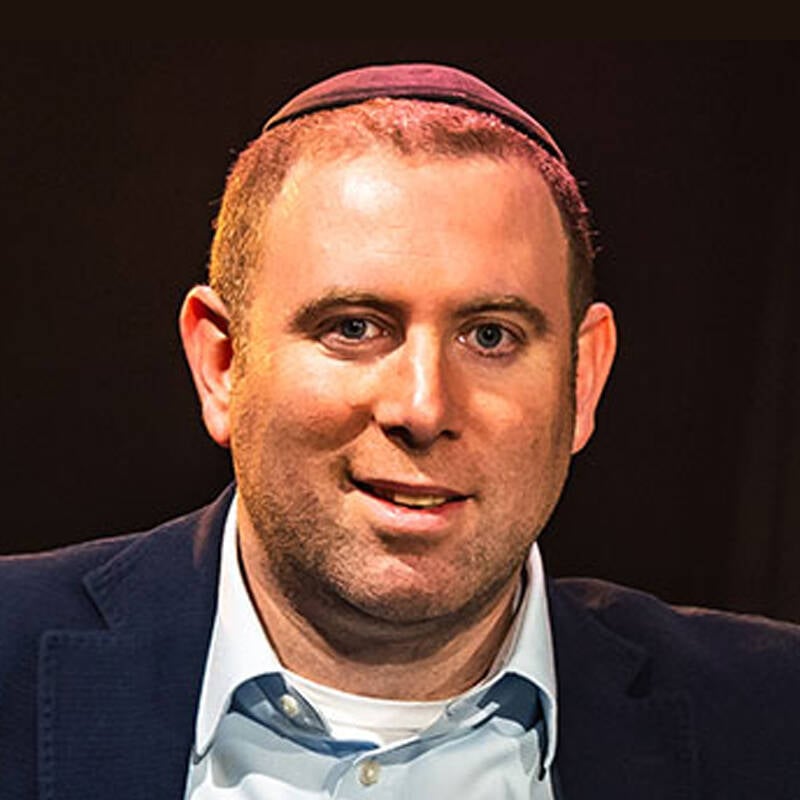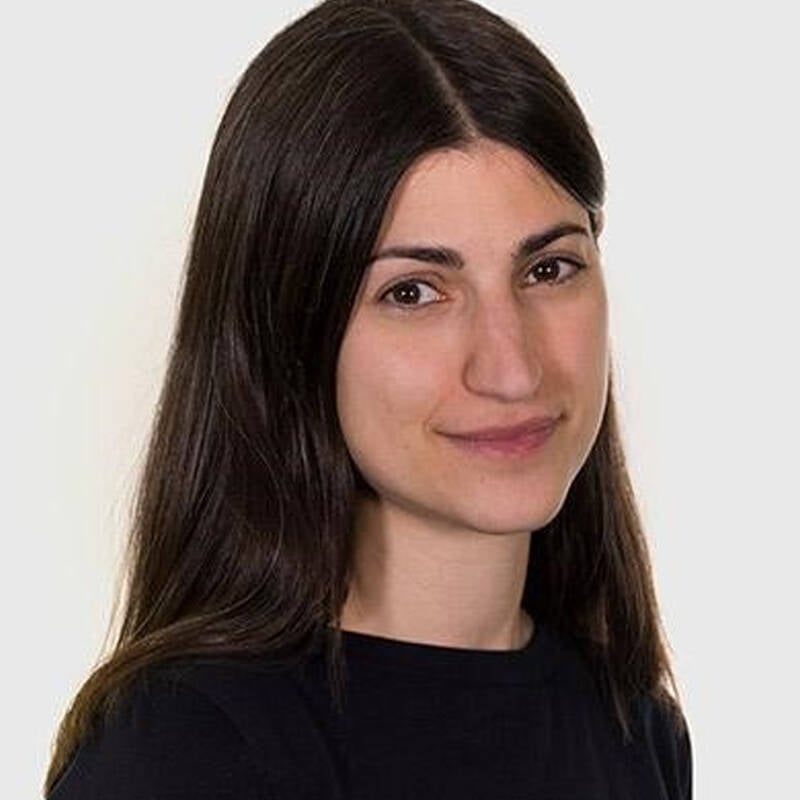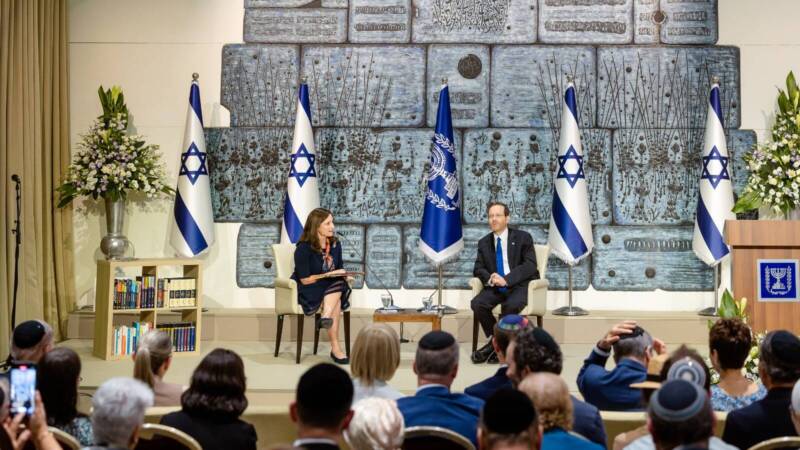The 2023 Sacks Conversation
To Heal a Fractured World
Carnegie Hall, New York – 31 October 2023
Details of the 2024 Sacks Conversation are available here >
After the untimely passing of Rabbi Sacks in November 2020, The Sacks Conversation was established as an annual event to celebrate and honour his enduring impact as a global moral voice in wider society.
The third annual event took place on 31 October 2023, at Carnegie Hall in New York. The theme was "To Heal a Fractured World."
The keynote address was delivered by

Shari Redstone
Shari Redstone is Chair of the Board of Paramount Global and Chair, CEO, and President of National Amusements. She leads and is actively involved with charitable, civic, and educational organizations focused on fighting antisemitism and racism.
The panel discussion was moderated by

Peter Salovey
Peter Salovey is the 23rd President of Yale University and the Chris Argyris Professor of Psychology.
Featuring

Imam Abdullah Antepli
Imam Abdullah Antepli is a scholar and leader of cross-religious and cross-cultural dialogue in American higher education and in non-profit world.

Cardinal Timothy Dolan
His Eminence Timothy M. Dolan is a cardinal of the Catholic Church. He is the Archbishop of New York, having been appointed by Pope Benedict XVI in 2009.

Rabbi Dr. Meir Soloveichik
Rabbi Dr. Meir Soloveichik is the Rabbi of Congregation Shearith Israel in Manhattan, and Director of the Straus Center for Torah and Western Thought at Yeshiva University.
The musical interlude was performed by

Shimon Craimer
Originally from London, Shimon Craimer moved to Israel in 2018 after 15 years as the Chazzan at the Riverdale Jewish Center.
The Convocation was delivered by

Rabbi Dr. Ari Berman
Rabbi Dr. Ari Berman is the 5th and current President and Rosh Yeshiva of Yeshiva University and the Rabbi Isaac Elchanan Theological Seminary (RIETS).
The vote of thanks was given by

Gila Sacks
Gila Sacks is Rabbi Sacks’ youngest daughter. She is a senior civil servant in the UK government, in the Department for Health and Social Care.

The Sacks Conversations

The People of the Book
The 2024 Sacks Conversation took place on 21 November 2024 at the National Library of Israel, in Jerusalem, featuring Jack Lew with Rachel Sharansky Danziger, Daniel Taub, and Natan Sharansky. Further sessions were held at the library for students. This year's theme, The People of the Book, was also incorporated into our Global Day of Learning.

President Isaac Herzog in conversation with Dr. Erica Brown
On 13 September 2022, the second annual Sacks Conversation took place at the President’s Residence in Jerusalem between President Isaac Herzog and Dr. Erica Brown, Director of the Sacks-Herenstein Center at Yeshiva University.

Tony Blair in conversation with Matthew d’Ancona
The Rt. Hon Tony Blair and Matthew d’Ancona launched the Sacks Conversation at Spencer House, London, on 11 October 2021. They discussed the continuing impact of Rabbi Sacks’ teachings and ideas on public policy and society today.


